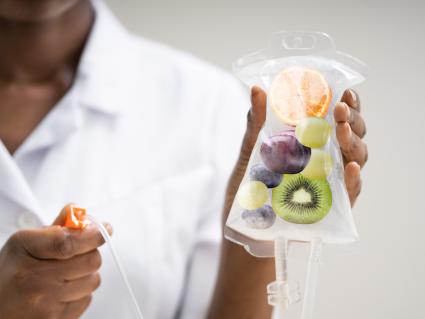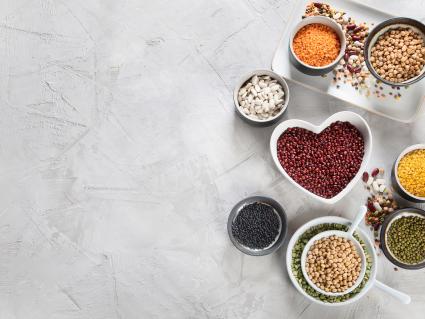The Benefits Of Gratitude & Mindfulness Tips!

Shifting behavior through mindfulness.
This time of year is a focal point for assessing the blessings in our lives and cultivating a sense of gratitude. Gratitude and thanksgiving is all relative so we know that a lot of it comes down to perspective. The phrase “attitude of gratitude” isn’t just catchy, it reflects that we play an active part in putting on a particular perspective that seeks out the good and focuses on that, leaving less room to feed negative energy. Have you ever been a part of a group of people complaining? You might walk away from that scenario feeling down or even finding yourself internally complaining about the complainers. The nature of like-feeds-like is at play here, where the negativity attracts further negativity. Rather than partaking in the downward spiral, you have the choice of interrupting this cycle. The first step is awareness, so simply breaking this cycle allows for you to decide what direction your thoughts go. This is a great opportunity to “try on” some positive thoughts, by either positive affirmation or making a behavioral shift that can lead you in a different direction. Some actions or behaviors can include healthy movement such as exercise, breath work, meditation, or even putting on some uplifting music or watching a comedy.
Practicing mindfulness has been proven to have a positive impact, especially when it comes to food. Some tips on how to bring mindfulness to your plate at mealtime include:
- Minimizing distractions - eliminating other factors that can draw your attention away from your food, conversation, and fully experiencing your meal creates the opportunity to allow your senses to come alive. This makes for deeper satisfaction, leaving you more fulfilled and less likely to overeat. Top distractors for most of us are the tv and our phones. Putting them aside and taking as seat can help quiet the outside noise and make it easier to listen to what your body’s telling you. So sit and savor!
- Pause - take a moment before your first bite to engage your attention and appreciate the meal (and maybe the people) before you. Additionally, setting your utensils down in between a few bites helps you slow down and not blow by the signals your body is sending.
- Chew! - a lot of GI upset (from gas and bloating to improper breakdown and absorption of nutrients) is caused from not adequately chewing our food enough. We don’t have teeth anywhere else in the body besides our mouth so do your system a favor and fully chew each bite. You’ll probably find that you’re taking smaller bites, you need less food overall to feel satisfied, and you’re belly (and below) is happier.
- Honor your fullness cues - when your body isn’t having to scream over other distractions, we’re better able to hear when it’s telling us we’re full. As we slow down, we’re able to hear sooner when we’re full. A helpful (and healthful) tip is to halt eating when we’re 80-90% full so we can leave the table feeling fully satisfied but not uncomfortable.
As you consider these tips and try them out at mealtimes, remember that new habits take practice. Give yourself some grace while making these changes and notice how it impacts your gratitude gauge…and perhaps your waistline, as well.





















